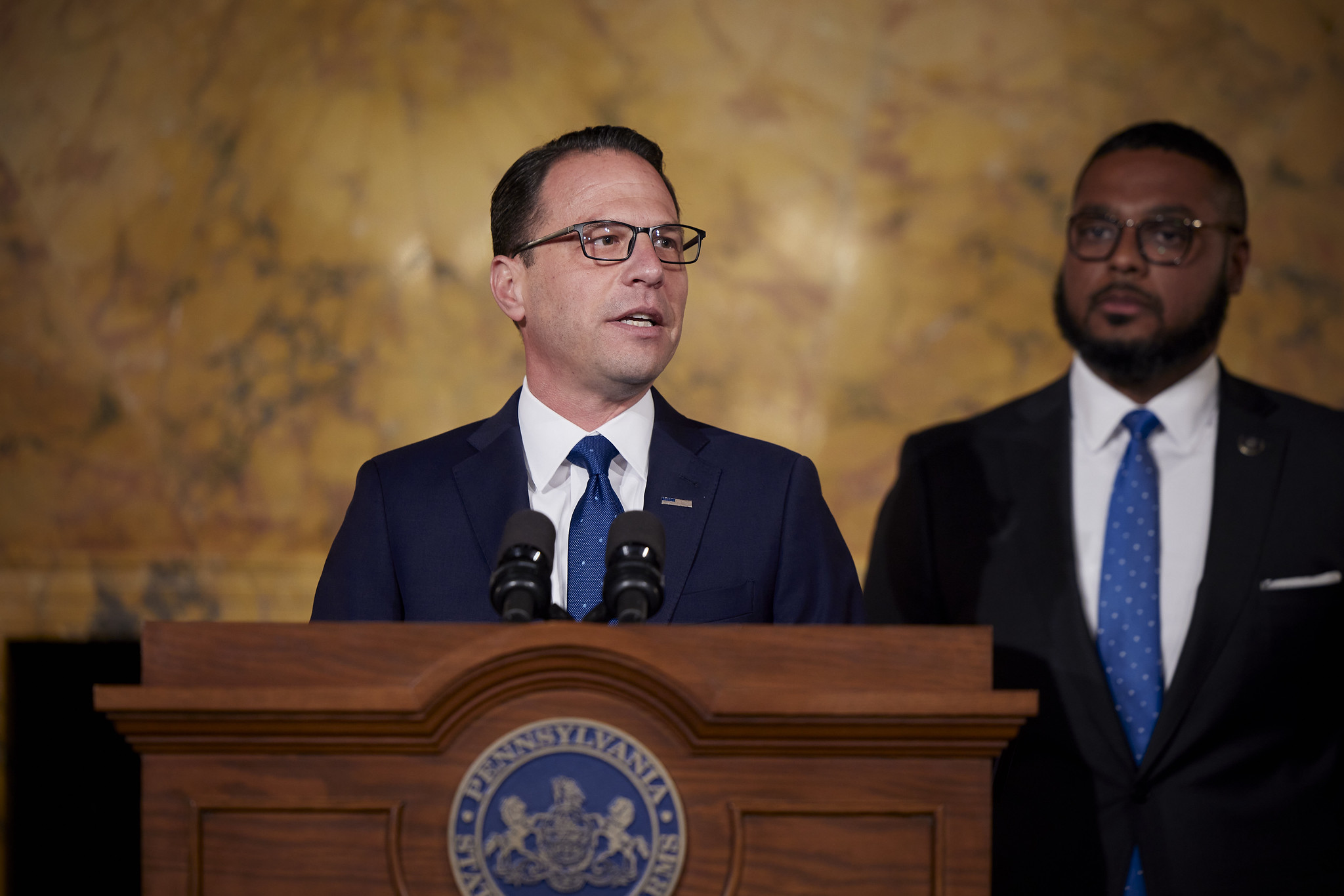The Pennsylvania Public School Employees’ Retirement System (PSERS) is no stranger to controversy or scandal, and recent events continue to add to the pile of problems facing the public employee pension fund.
Last month, the PSERS board of trustees voted to send $130 million to a venture capital firm, Insight XIII LP Fund, to manage the pension fund’s investments. During the meeting, a trustee noted Insight’s “below average” returns on investments and management of cryptocurrencies as reasons to vote against partnering with the company. Yet despite those reservations, the vote passed 8-6. Among those in favor were several allies of Gov. Josh Shapiro.
Then, in an interesting turn of events, Shapiro flip-flopped and demanded a redo vote by the pension fund’s trustees. Shapiro claimed that there was “miscommunication” between himself and his trustee allies.
Possibly due to Shapiro’s demands for a redo vote, Insight withdrew their interest in managing PSERS’s funds. Another wrinkle in the controversy were reports that Insight was recently fined $1.5 million by the U.S. Securities and Exchange Commission for overcharging investors.
Yet this is not the first controversy surrounding PSERS.
As recently as November 2021, the pension fund was embroiled in two federal investigations in addition to the retirement of both its former chief executive Glen Grell and top investment official James Grossman Jr. during the investigations.
The two former executives were investigated by the Federal Bureau of Investigation (FBI) and U.S. Securities and Exchange Commission (SEC) after allegations came out that pension board staff accepted gifts from vendors (such as a luxury flight to London that cost over $15,000), “botched calculation on returns,” and controversial business dealings in buying up real estate in Harrisburg, Pennsylvania.
The FBI’s investigation closed in August 2022 with no charges filed, but the SEC investigation appears to be ongoing. The dual federal investigations cost PSERS $4.5 million in legal bills after hiring at least nine different contractors (such as legal firms). To put that in context, what was spent on legal bills could have paid more than 170 retirees an average pension of $26,000 a year.
